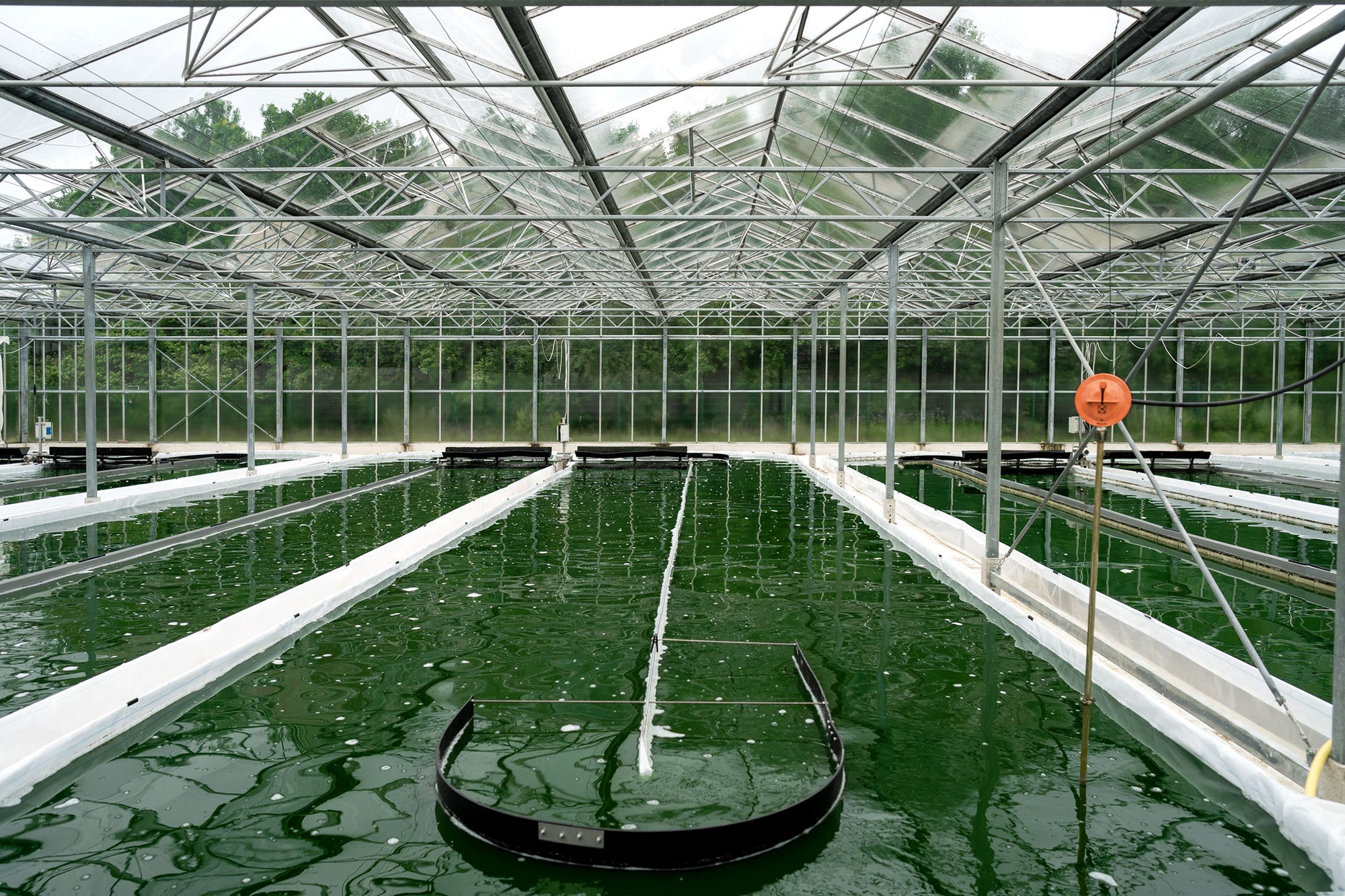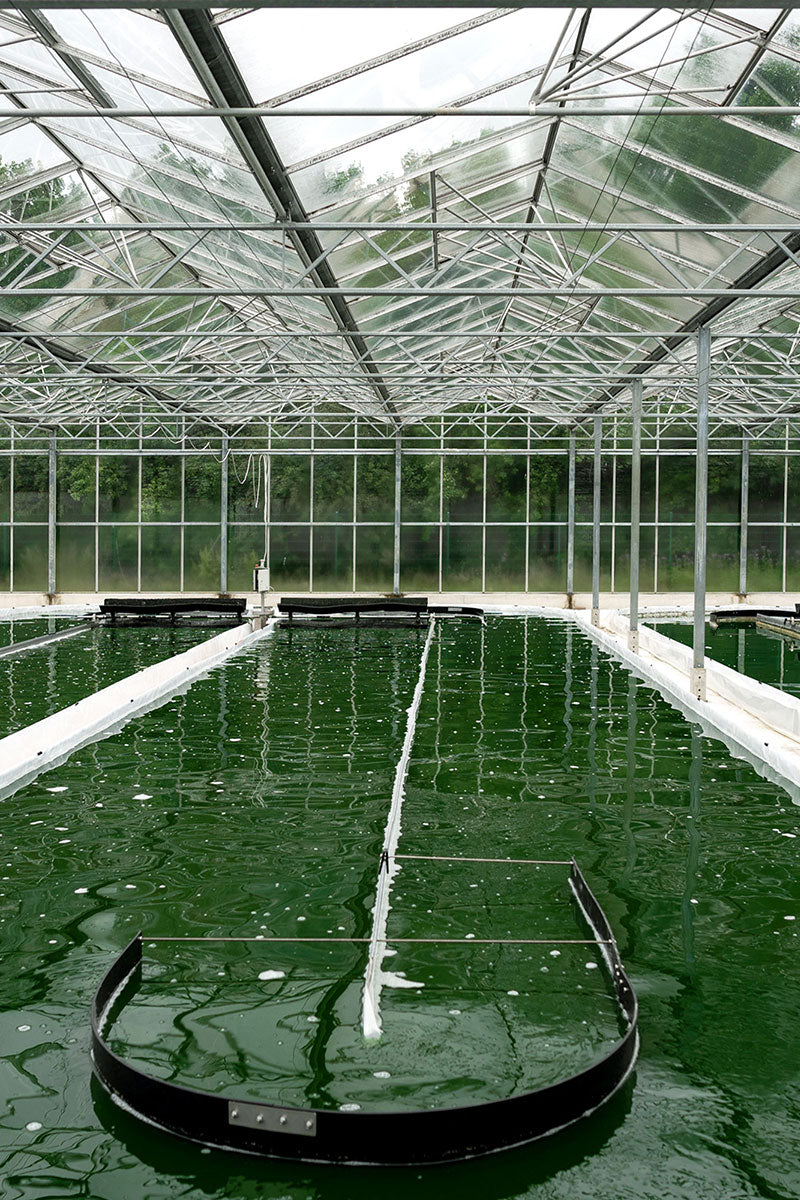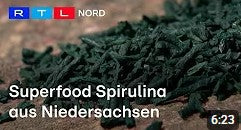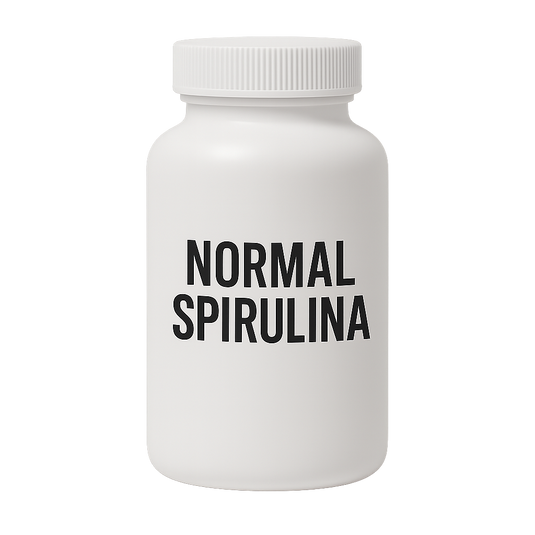Our farm
Hier wächst deine Spirulina.
Hier wächst deine Spirulina.


Innovative and sustainable agriculture is the reason for our enthusiasm for microalgae. Open and in direct contact between producers and customers.
We also believe that microalgae can make the world a better place and should be part of our diet. That's why we produce spirulina. For us and for you.

Fakten, die du sehen – und schmecken – kannst.


Deutschland
Asien
Mild
Fischig, muffig
Intakt
Zerstört
> 95 %
< 60 %
sattgrün, fein
blass, grob
Neutral, vielseitig
überdeckend
umweltschonend
koventionell Plastik
Keine
Haltbarmacher
Lufttrocknung (<42°C)
Sprühtrocknung (>120°C)
Geschütztes Gewächshaus
Unter freiem Himmel
Direkt von der Farm
Import im Container
Begehbar
Unbekannt






Your cart is currently empty.